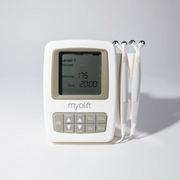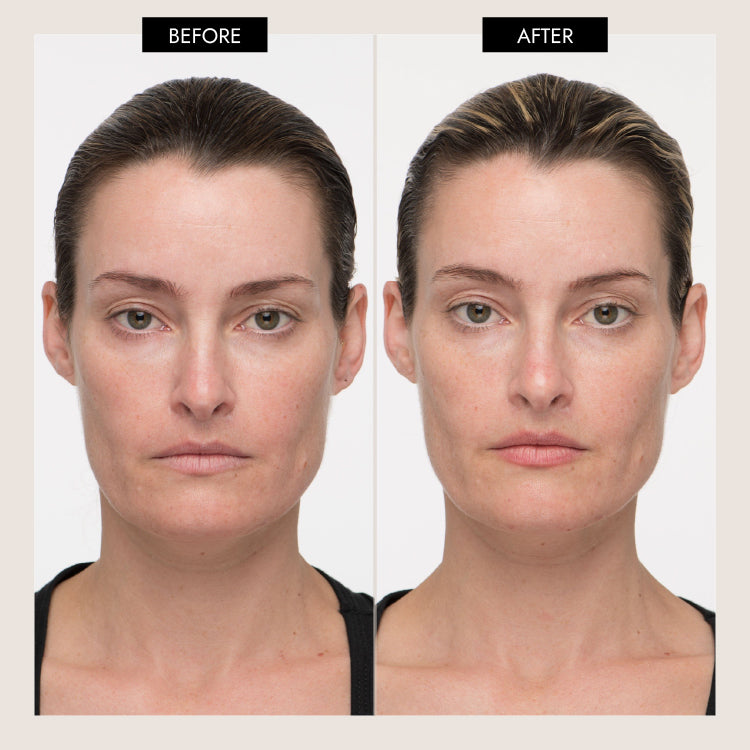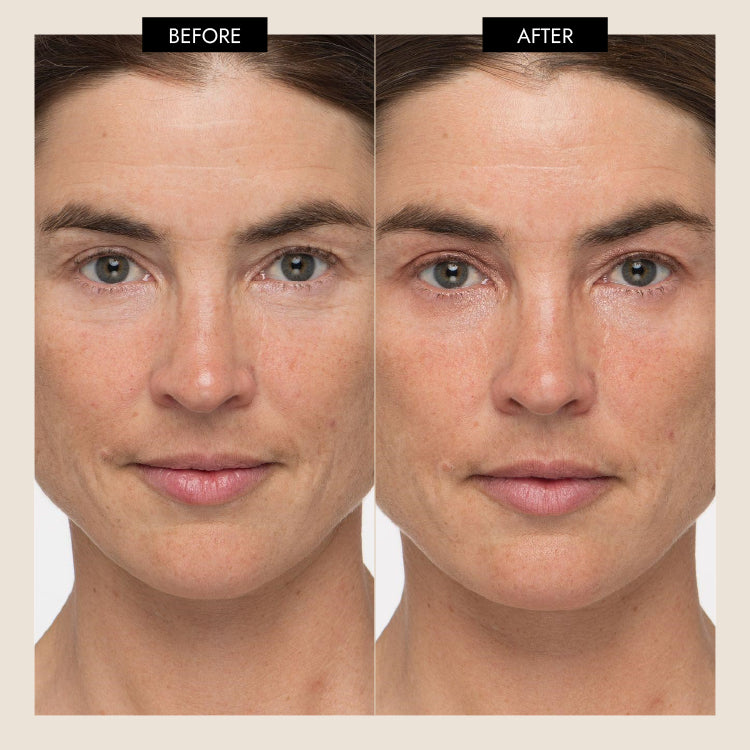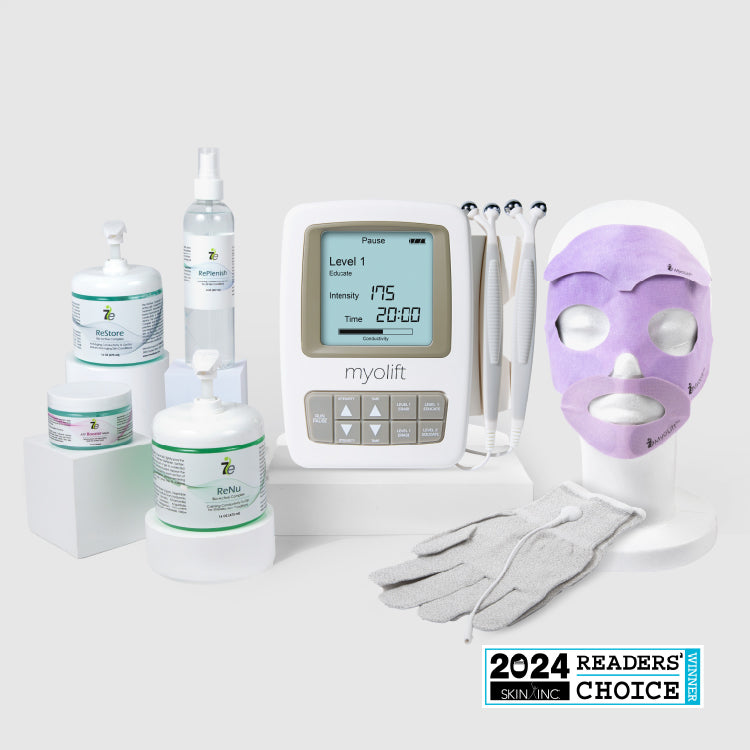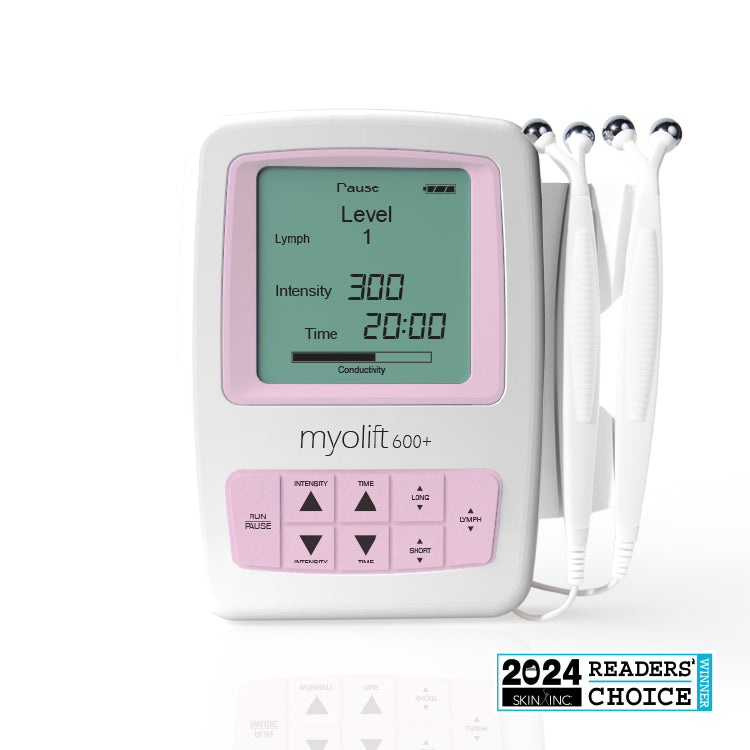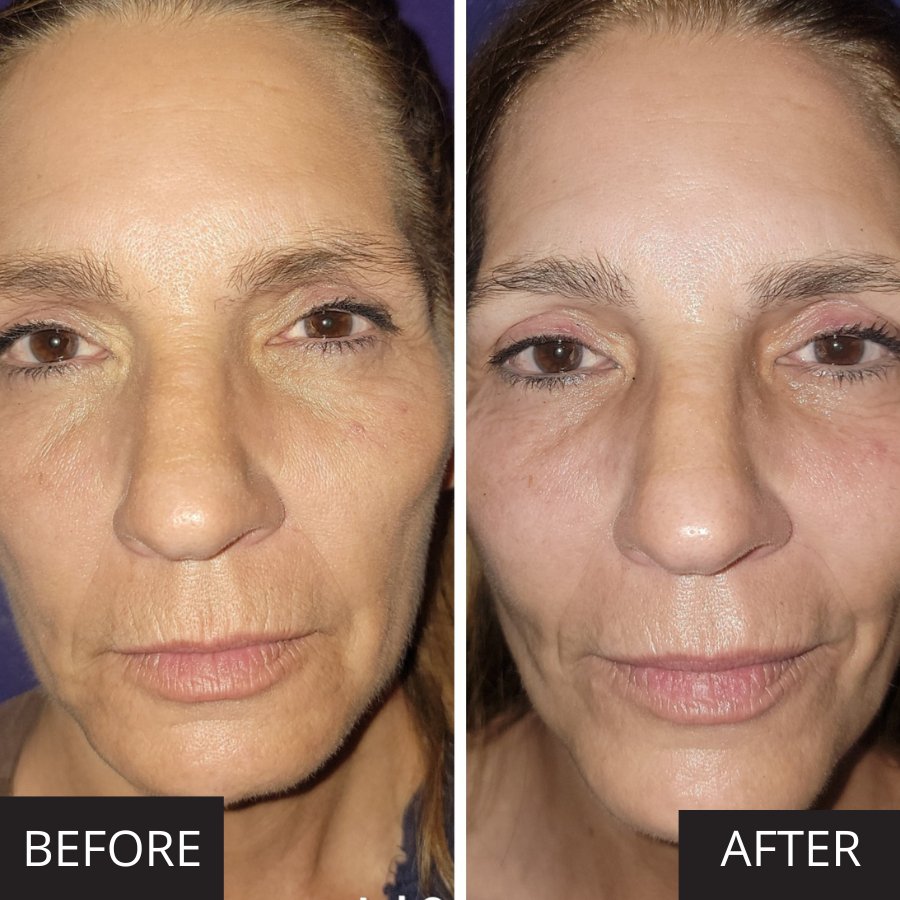How Does Sleep Affect Your Skin?

You've probably heard the phrase "beauty sleep" before, and there's more truth to it than you might think! Getting enough quality sleep isn't just essential for feeling rested—it plays a crucial role in keeping your skin healthy and glowing. Let's dive into how sleep impacts your skin and why it's important for your overall skincare routine.
- Repair and Renewal
While you sleep, your body goes into repair mode, including your skin. During deep sleep stages, cell turnover and regeneration increase. This means your skin repairs itself from damage caused by sun exposure, pollution, and other stressors encountered during the day. Lack of sleep can disrupt this process, leading to a dull complexion and slower healing of skin issues like acne or inflammation.
- Collagen Production
Collagen is a protein that gives skin its strength and elasticity. When you're asleep, your body produces collagen, helping to maintain firmness and reduce the appearance of wrinkles. Insufficient sleep can interfere with collagen production, contributing to premature aging signs such as fine lines and sagging skin. Our microcurrent devices use low level currents that help stimulate new collagen, and adding this to your nighttime routine is a great way to boost your overnight production of collagen.
- Hydration Balance
Sleep plays a role in maintaining your skin's moisture balance. During sleep, your body regulates hydration levels and repairs the skin barrier. This barrier is crucial for locking in moisture and protecting against environmental irritants. Poor sleep can disrupt this process, leading to dryness, irritation, and an increased risk of skin conditions like eczema.
- Circulation and Dark Circles
A good night's sleep promotes healthy blood circulation, which helps deliver oxygen and nutrients to the skin. This circulation boost can reduce puffiness and under-eye dark circles, giving you a refreshed appearance. On the other hand, inadequate sleep can cause blood vessels to dilate, leading to dark circles and a tired, sallow complexion.
Tips for Better Skin Through Better Sleep
- Establish a Routine: Stick to a consistent sleep schedule by going to bed and waking up at the same time every day, even on weekends.
- Create a Relaxing Environment: Make your bedroom conducive to sleep by keeping it cool, dark, and quiet. Consider using blackout curtains and white noise machines if needed.
- Limit Screen Time: Avoid screens (phones, tablets, computers) at least an hour before bed as the blue light can interfere with your body's natural sleep-wake cycle.
- Practice Relaxation Techniques: Wind down before bed with calming activities like reading, listening to soft music, or practicing gentle yoga or meditation. If you are a licensed professional and have trouble falling asleep, our Myocalme™ device uses microcurrent frequencies that relax the neurological pathways in the brain to create a homeostasis balance.
- Invest in Skincare: Use products at night that support your skin's nighttime repair process, such as hydrating serums, night creams, and treatments containing ingredients like retinol or hyaluronic acid. Incorporating a microcurrent routine daily can help boost collagen and is a great way to invest in yourself.
Quality sleep is vital for overall health, and its benefits extend to your skin. By prioritizing restful sleep and establishing good sleep habits, you can support your skin's natural repair and rejuvenation processes. Remember, beauty sleep isn't just a saying—it's a key component of your skincare routine for maintaining a healthy, radiant complexion. So, aim for those seven to nine hours of sleep each night, and let your skin reap the rewards!

